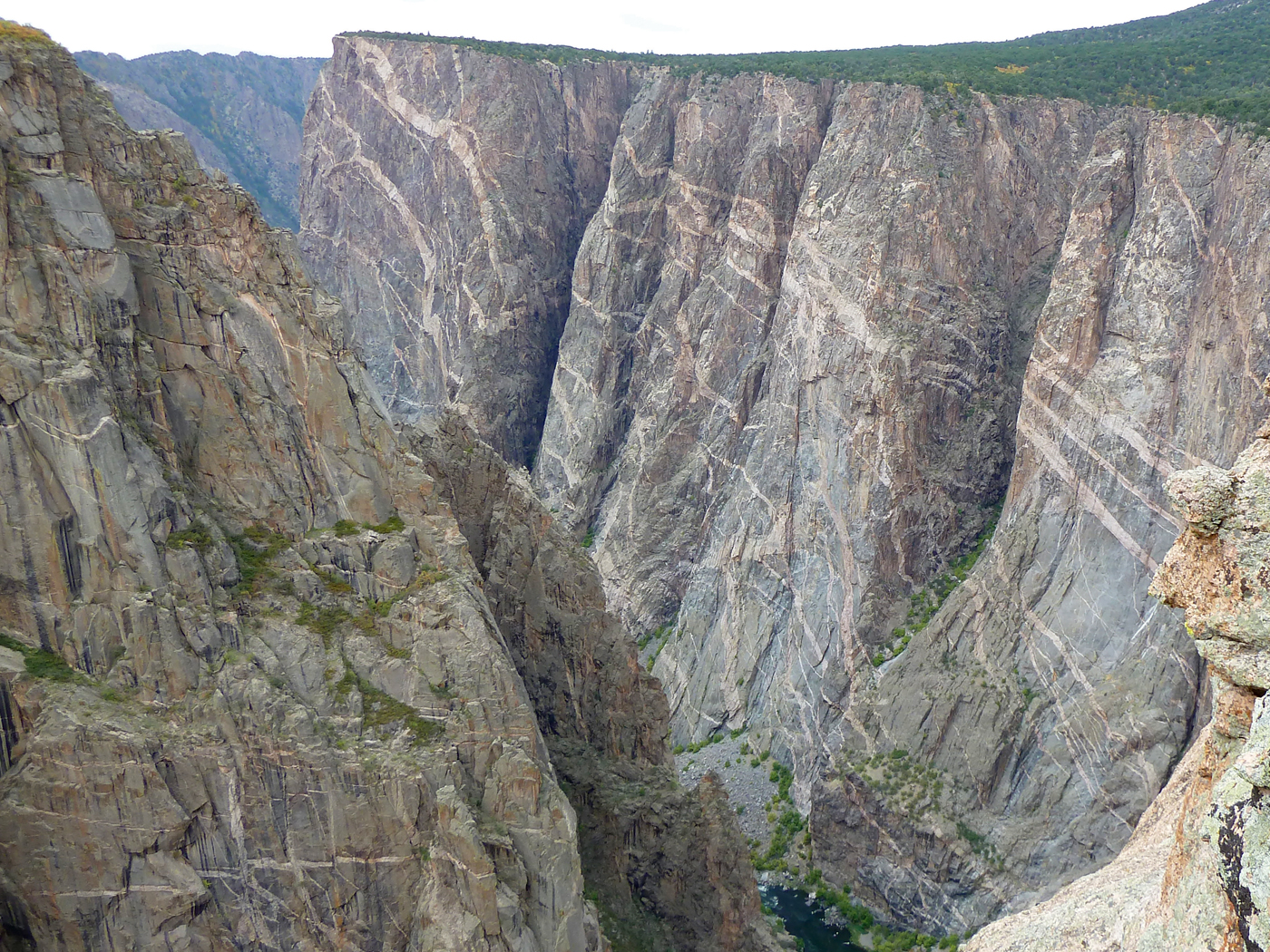Dallas' Baylor University Medical Center surgeon Joseph Kuhn recently described three serious problems with Darwinian evolution in a paper titled "Dissecting Darwinism" for the school's medical proceedings.1 He wrote that all three points were argued in 2010 in front of the Texas State Board of Education, which after days of deliberation decided that textbooks must teach both the strengths and weakness of evolution.
The first weakness that Kuhn described is actually more than just a weakness—it is a deal-breaker for the proposal that purely natural processes could have brought forth living cells from mere chemicals. What keeps cells alive, Kuhn argued, is the very non-natural information that resides within the molecules of life. These molecules have almost none of the randomness that natural processes always produce. In fact, when nature does overtake these molecules, they lose their vital information and the organism dies.
Kuhn wrote, "The fundamental and insurmountable problem with Darwinian evolution lies in the remarkable complexity and inherent information contained within DNA."1
And the kind of information that DNA encodes is in the form of an all-or-nothing language system. Cell systems that use DNA have the same basic and irreducible features of any human language: symbols, specific meanings for each symbol, grammatical rules within which those individual symbols can be interpreted, message senders and receivers, and purposeful outcomes for the information communicated. This kind of information never comes from natural processes, but always from an intelligent person.
Kuhn wrote:
Based on an awareness of the inexplicable coded information in DNA, the inconceivable self-formation of DNA, and the inability to account for the billions of specifically organized nucleotides in every single cell, it is reasonable to conclude that there are severe weaknesses in the theory of gradual improvement through natural selection (Darwinism) to explain the chemical origin of life. Furthermore, Darwinian evolution and natural selection could not have been causes of the origin of life, because they require replication to operate, and there was no replication prior to the origin of life.1
Even evolution's most ardent advocate, Richard Dawkins, admitted in 2009 that "the most profound unsolved problem in biology is the origin of life itself."2
Whereas Dawkins still believes a solution exists to this problem, Kuhn recognized that nature alone could not possibly produce life. But both admit that the origin of life is a problem for the nature-only view.
Students certainly ought to know about this extraordinary weakness in evolution. But a year after Texas' education board's decision, 9 of 10 revamped textbooks failed to adequately describe both strengths and weaknesses in evolution.3,4
References
- Kuhn, J. A. 2012. Dissecting Darwinism. Baylor University Medical Center Proceedings. 25 (1): 41-47.
- Dawkins, R. 2009. Evolution: The next 200 years. New Scientist. 2693: 41.
- An Evaluation of Supplementary Biology and Evolution Curricular Materials Submitted for Adoption by the Texas State Board of Education. Discovery Institute. Posted on discovery.org June 9, 2011, accessed January 23, 2012.
- If curriculum writers could adequately describe some of evolution's weaknesses, then Missouri might also use their products, assuming that the state's currently proposed Bill No. 1276 becomes law. The bill would protect teachers who wish to discuss origins in the classroom. It proposes that authorities not hinder teachers "from helping students understand, analyze, critique, and review in an objective manner the scientific strengths and scientific weaknesses of biological or chemical evolution whenever these subjects are taught within the course curriculum schedule." Missouri House Bill 1276, "AN ACT to amend chapter 170, RSMo, by adding thereto one new section relating to teacher academic freedom to teach scientific evidence regarding evolution," posted on house.mo.gov.
* Mr. Thomas is Science Writer at the Institute for Creation Research.
Article posted on February 3, 2012.








